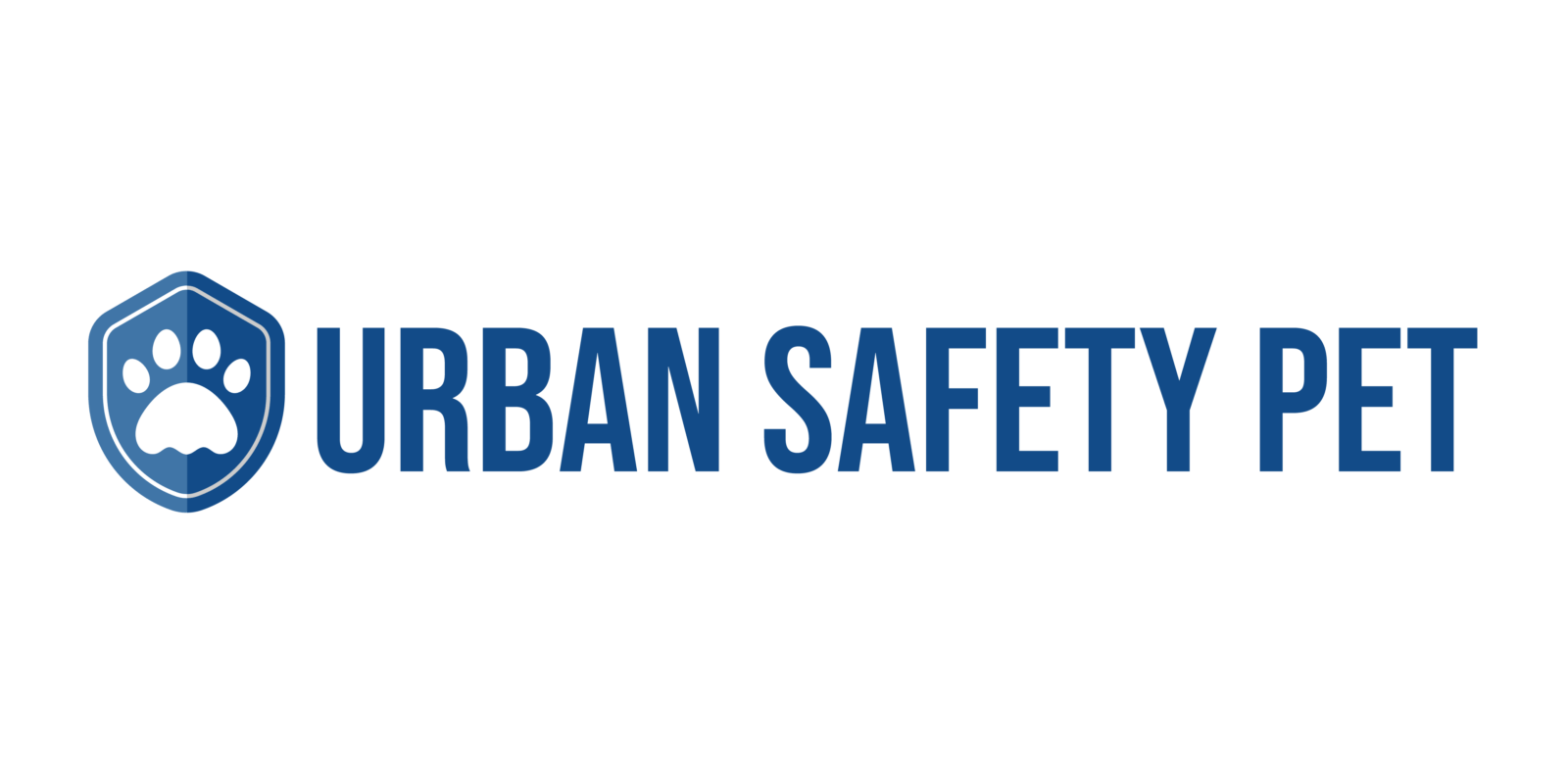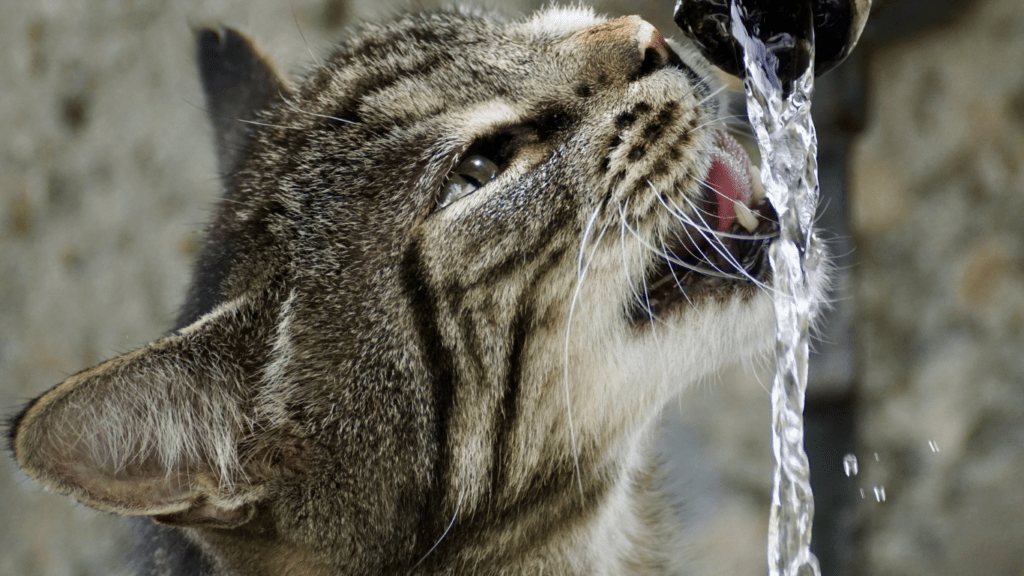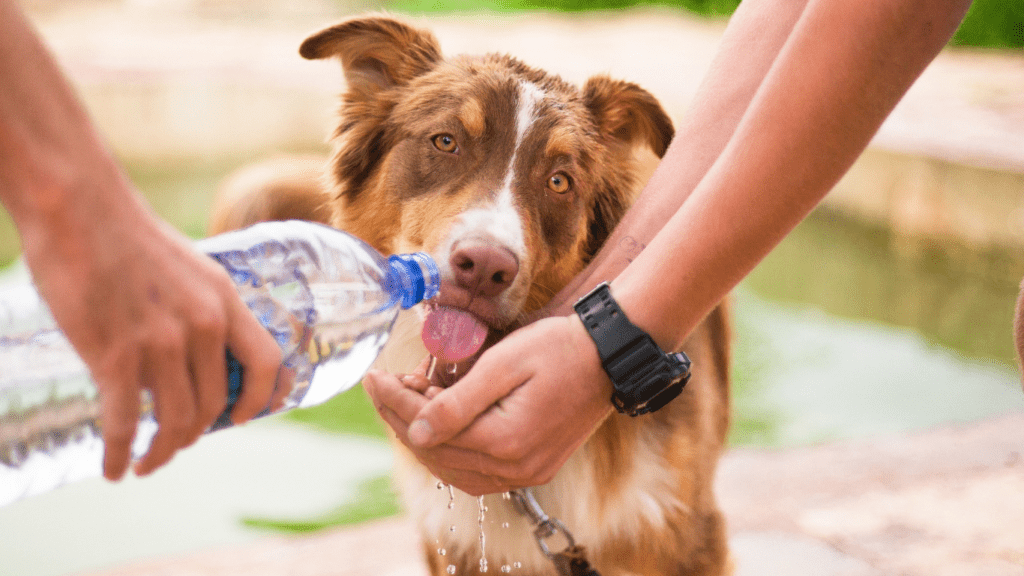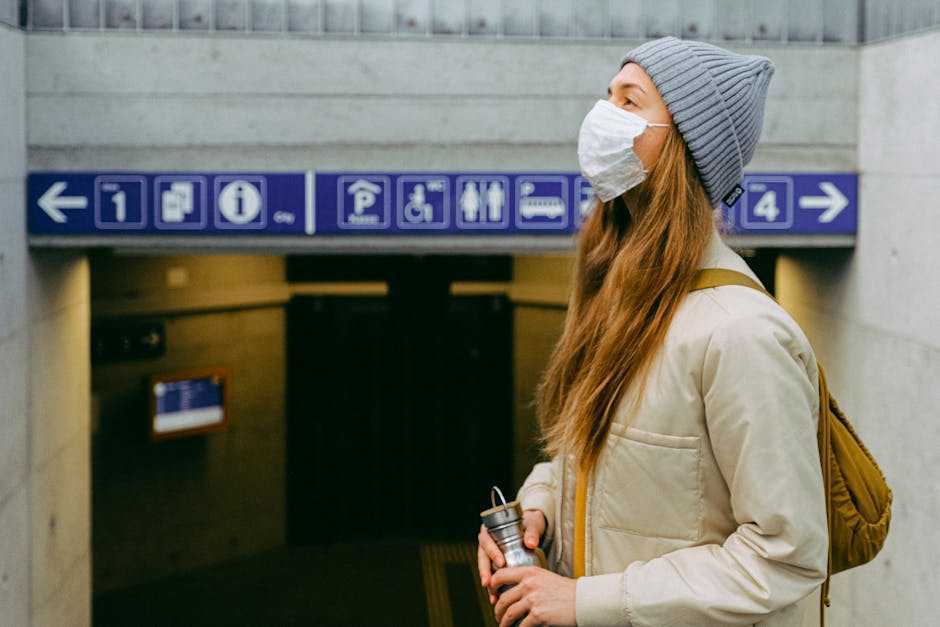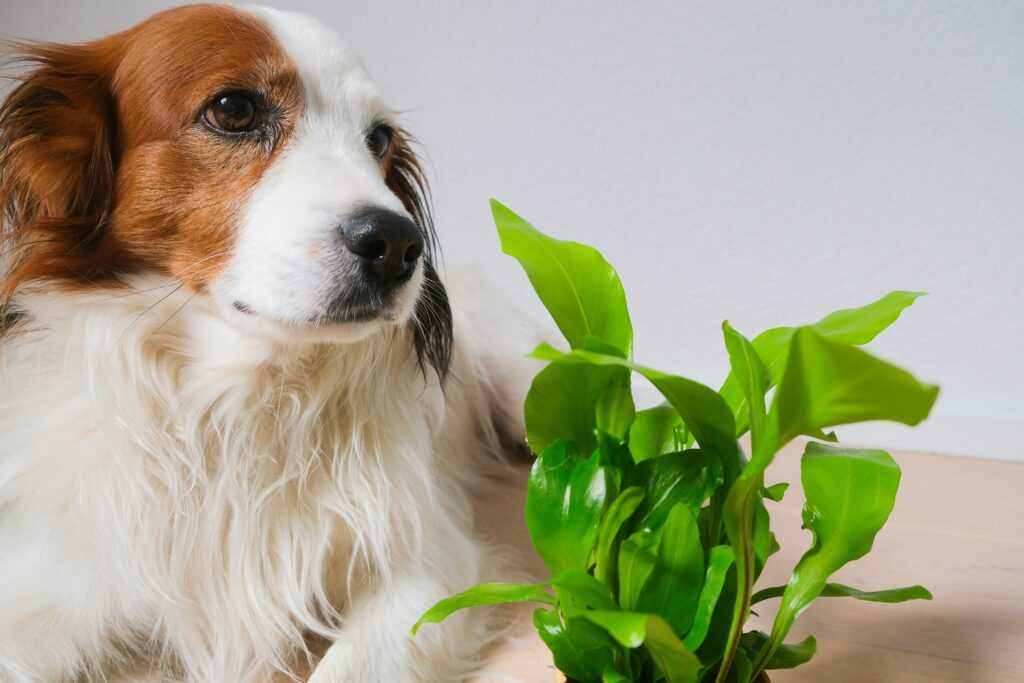The Importance of Hydration for Pets
Hydration is crucial for pets’ overall health. Their bodies, like humans, rely heavily on water to maintain vital functions. Adequate hydration supports digestion, nutrient absorption, and waste elimination. When pets stay hydrated, their energy levels and immune systems operate more efficiently.
Dehydration poses serious risks. It can lead to kidney issues, urinary tract infections, and other health problems. For instance, cats with inadequate water intake often suffer from urinary crystals, which can escalate to life-threatening blockages. Vigorous exercise, hot weather, and certain illnesses increase pets’ risk of dehydration.
Monitoring water intake helps ensure pets remain hydrated. Cats and dogs, for example, should drink approximately one ounce of water per pound of body weight daily. Providing fresh, clean water in easily accessible areas encourages regular hydration. Wet food options can also enhance water consumption, making it easier for pets to meet their fluid needs.
Recognizing signs of dehydration is essential. Pets can exhibit symptoms such as dry gums, lethargy, and sunken eyes. If these signs are present, increasing water availability or consulting a veterinarian becomes imperative.
Understanding the importance of hydration helps maintain pets’ health and well-being. By ensuring pets have constant access to water, significant health complications can be avoided, leading to longer, healthier lives.
Understanding Pet Hydration
Pets need water for essential physiological processes. Proper hydration ensures pets’ overall health and vitality.
Why Hydration Is Crucial for Pets
Hydration maintains cellular health, supporting energy levels and organ function. Water regulates body temperature, lubricates joints, and aids digestion. Without adequate water, pets can suffer from organ failure, impaired digestion, and decreased immunity.
Common Signs of Dehydration in Pets
Dehydrated pets show physical and behavioral changes. Common signs include:
- Lethargy: Pets seem unusually tired or less active.
- Dry gums: Gums appear sticky or pale.
- Sunken eyes: Eyes look sunken and dull.
- Loss of skin elasticity: Skin doesn’t quickly return to place when pinched.
- Reduced urination: Less frequent urination indicates dehydration.
Recognizing these signs early helps prevent severe health issues. Monitoring water intake helps ensure pets stay hydrated.
Factors Affecting Pet Hydration
Understanding the factors that influence pet hydration helps keep pets healthy and happy. Key elements to consider include diet, environmental influences, and other specific conditions.
Diet and Water Intake
Pets’ diets play a crucial role in their water intake. Dry kibble contains about 10% water, which means pets consuming primarily dry food may need to drink more water to stay hydrated. On the other hand, wet food typically contains around 75% water, providing a significant hydration source.
Examples:
- Cats eating dry food require frequent access to fresh water.
- Dogs on a wet food diet may not need as much supplemental water intake.
Owners should ensure that pets have constant access to clean, fresh water. Water bowls should be checked and refilled daily to prevent contamination and ensure consistent hydration.
Environmental Influences
Environmental factors significantly affect pets’ hydration levels. Hot weather increases the risk of dehydration as pets lose water through panting and sweating, primarily through their paw pads. Keeping pets cool during high temperatures reduces this risk.
Examples:
- A dog playing outside in summer needs frequent water breaks.
- An indoor cat in an air-conditioned home may require less water than one in a warmer climate.
Humidity levels also impact hydration. Pets in humid environments may struggle to cool down, leading to higher water consumption. Conversely, dry climates can increase water loss through the skin, necessitating higher fluid intake.
- Provide shaded areas for pets outside during hot days.
- Use humidity control in homes to maintain a comfortable environment.
By being aware of and addressing these factors, pet owners can maintain optimal hydration and support their pets’ overall health.
How to Keep Your Pet Hydrated

Ensuring your pet stays hydrated is critical for its health. There are several effective strategies to maintain optimal hydration.
Providing Access to Fresh Water
Constant access to fresh water is essential. Place several water bowls around the house and yard. For example, I use one in the kitchen, one in the living room, and one in the backyard. Refill and clean these bowls daily to prevent bacterial growth.
If pets are reluctant to drink, consider using a pet water fountain. The flowing water encourages drinking. Pets may avoid water that’s stale or dirty.
Incorporating Hydrating Foods
Incorporate hydrating foods into your pet’s diet. Wet foods, like canned dog food or wet cat food, contain up to 78% water. Fresh fruits and vegetables, such as cucumbers and watermelon, also boost hydration levels.
Monitor your pet’s overall diet. High-sodium treats can dehydrate pets. Opt for low-sodium alternatives to maintain proper hydration levels.
Special Considerations for Different Pets
Different pets have unique hydration needs. It’s essential to understand these distinct requirements to ensure your pet stays healthy and hydrated.
Hydration Needs for Dogs
Dogs require a consistent supply of fresh water. An adult dog needs approximately 1 ounce of water per pound of body weight daily. Active dogs, lactating females, and puppies may need more. Offer water periodically during long walks or play sessions to prevent dehydration.
Hydration Needs for Cats
Cats have low thirst drives as desert animals. They often get most of their water from food. Wet cat food helps maintain hydration. Ensure access to fresh, clean water, and consider pet water fountains to encourage drinking.
Hydration Needs for Small Mammals and Birds
Small mammals, like rabbits and guinea pigs, need clean water daily. A guinea pig usually drinks 100-200 ml of water a day. Birds, such as parrots, require fresh water. Monitor water containers frequently to prevent contamination and ensure a healthy intake.
